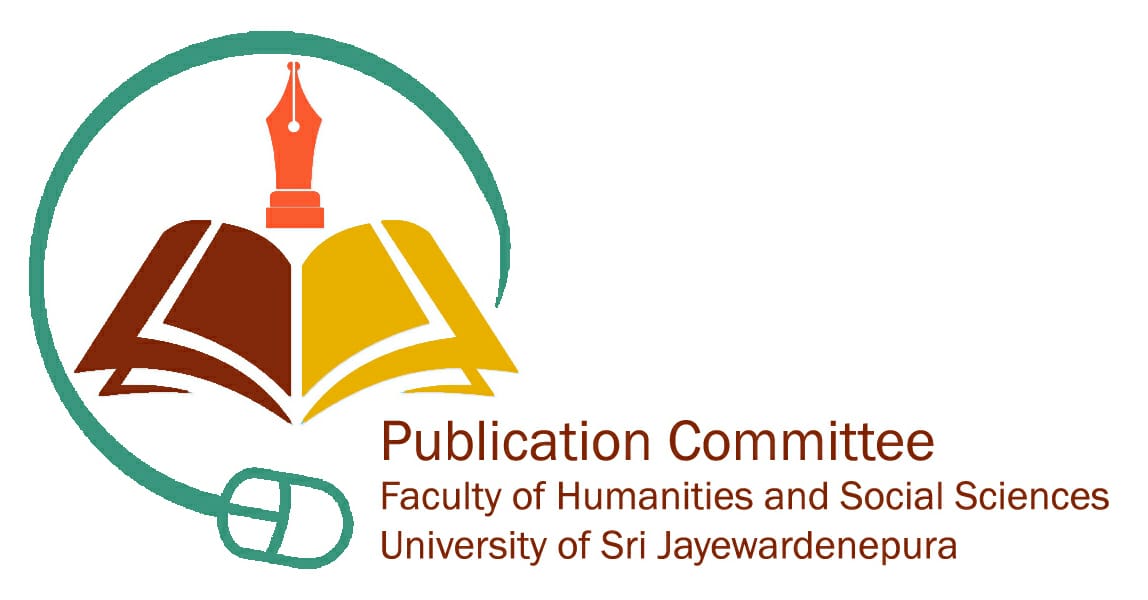The strong pillars of a marriage are husband and wife. They can bring happiness to the family through their mutual concordance. According to the Buddhist perspectives, a married couple can lead a blissful life if they have these qualities such as tolerance, trustworthiness, mutual understanding, selflessness, respect, virtue, fulfilling obligations, honesty, security, good verbal conduct, companionship and so on.
The Buddha’s discourses (Suttas) regarding married life are now included in canonical texts (Pali Nikayas) which might be helpful to the laities to maintain their lives happily. The sermons particularly connected to marriage are Singalovada Sutta, Uggaha Sutta, Sanvasa Sutta, Samajivi Sutta, Mallika Sutta, Sattabhariya Sutta in the Digha Nikaya and the Anguttara Nikaya. In addition to these suttas, the Buddhist story of ‘Nakula Mata and Nakula Pita’ can be deemed as good role models to emulate for lay married couples, in order to live in harmony, loving kindness and mutual understanding with each other. As the Buddha shows, both husband and wife should bear equal friendly qualities in their family life sans without being superior or inferior. Further, He has mentioned that marriage is a partnership of equality, gentleness, generosity, calmness and dedication. Moreover, if there is mutual understanding and faith between spouses it will bring happiness to the whole family and enable them to live in peace and harmony throughout their life and after life.
As the Buddha reveals through his experience, both husband and wife have to abide by rights (duties) and responsibilities towards each other respectively. This has been mentioned by the Buddha in the Singalovada Sutta. According to this Sutta, the husband’s responsibilities are categorized as follows,
- Being respectful to the wife
- Not disparaging the wife
- Not do any misconduct and malpractice
- Giving priority to domestic work
- Providing ornaments and garments
On the other hand, as mentioned in the same Sutta, the wife should be mindful of five responsibilities towards her husband such as:
- Properly organizing domestic work
- Being kind to servants
- Not do any misconduct and malpractice
- Protecting the income and wealth of the husband
- Being skillful at each and every task at domestic work
Thus, by following these Buddhist concepts, anyone can get guidance in order to develop their moral character and thereby benefit in life. Consequently, moral thoughts will lead to protect the bondage and enrich relationships between the spouses and family members and create a peaceful environment.
In the discourse of the seven wives (Satta Bhariya Sutta), the Buddha has categorized wives into seven types according to their characters as follows.
- A wife equal to a prosecutor
- A wife equal to a thief
- A wife equal to a dictator
- A wife equal to a mother
- A wife equal to a sister
- A wife equal to a friend
- A wife equal to a slave
As mentioned above, the first three of these seven wives cannot be accepted as good and virtuous wives due to their bad behaviour and deeds towards their husbands and other family members. According to their characteristic thoughts, they do not have mercy, engage in illicit affairs, do not respect their husbands, and always try to discard the husband’s relations, steal the husbands’ earnings and valuable things, dictate bad, rough and hurtful words and try to control the husbands in every situation. These three wives of prosecutor, thief and dictator always bring unhappiness to the family which create issues among the family members. On the other hand, the other four wives like motherly wife, sisterly wife, friendly wife and slave wife possess good qualities, do good deeds, conduct themselves well and act as friends towards their husbands in their daily lives. Accordingly, these moralistic and good wives develop their mercy, sympathy and kindness, constantly protect their husbands, provide good food for them, take care of their husbands as their own elder brothers, stay close to them, develop friendly manners as friends, smiles and share jokes with understanding, use kind words, do not get angry, try to fulfill needs of husbands, do every domestic work cooperatively and willingly, always try to keep the family happy and are sincere, genuine to each and every relative of both families. Hence, the Buddha has advised to associate those wives because they are able to maintain and sustain the happiness among their children and husbands. As stated above, in this society, there are some husbands who ill-treat their wives like the first three wives. On the other hand, we can find friendly husbands who protect their wives as fathers and elder brothers and uphold their happiness at home sharing and caring, leading a harmonious life.
The discourse of the Sanvasa Sutra in the Anguttara Nikaya elucidates spouses in four ways. The Buddha has divided husbands and wives according to their wholesome and unwholesome thoughts, virtues, behaviour and deeds. Accordingly, the categorized spouses are:
- A dead man with a dead woman
- A dead man with a Goddess
- A God with a dead woman
- A God and a Goddess
The last category ‘A God and a Goddess’ is the most wholesome, ideal pair as the husband and wife cooperate with everyone due to their good will and good conduct in society. They do not harm anyone and perform their duties and obligations to each other respectfully. They possess good qualities, manners, believe in merits, demerits and karmic power (actions) according to religion, and they avoid committing wrong deeds or unwholesome acts at all times.
In brief, these diverse Buddhist teachings elaborate on how laymen and women can live harmoniously together enjoying marital bliss and lead a contented life in this short life span.
Dr. Ven. Dodamgoda Sumanasara Thero
Department of English Language Teaching
Faculty of Humanities and Social Sciences
University of Sri Jayewardenepura
Reference
Amaratunga, G. and Wickramaarachchi, W. (2018) ‘A sociological study about divorce and its social impacts in Sri Lanka’. Retrieved from online
Dhammananda, K. (1992), Dhammapada, Kuala Lumpur: Sasana Abhiwurdhi Wardhana Society.
Gnanatilaka, T. (1984), Human Problems in a Buddhist Perspective, Colombo: S. Godage and Brothers.
Piyaratana, M. (2013), Singalovada Sutta, Nedimala: Buddhist Cultural Centre.
Saddhajeewa, E. (2016), Views Beyond Perception, Ronkonkoma: Linus Learning.
Smally, G. (2010), Great Parents, House Plblishers, Inc.,
Canonical Texts
Anguttara Nikaya; Satta Briya Sutta, Uggaha Sutta, Sanvasa Sutta, Samajivi Sutta, Mallika Sutta, Satta Bhariya Sutta,
Digha Nikaya; Singalovada Sutta
Online Sources
http://www.accesstoinsight.org/lib/authors/dhammananda/marriage.html
https://www.wisdomlib.org/buddhism/book/a-happy-married-life/d/doc2090.html
https://www.wisdomlib.org/buddhism/book/a-happy-married-life/d/doc2071.html
http://www.sinc.sunysb.edu/Clubs/buddhism/
http://www.worldresearchlibrary.org/up_proc/pdf/1802-153578109020-23.pdf
http://www.dailynews.lk/2016/03/01/features/death-do-us-part






